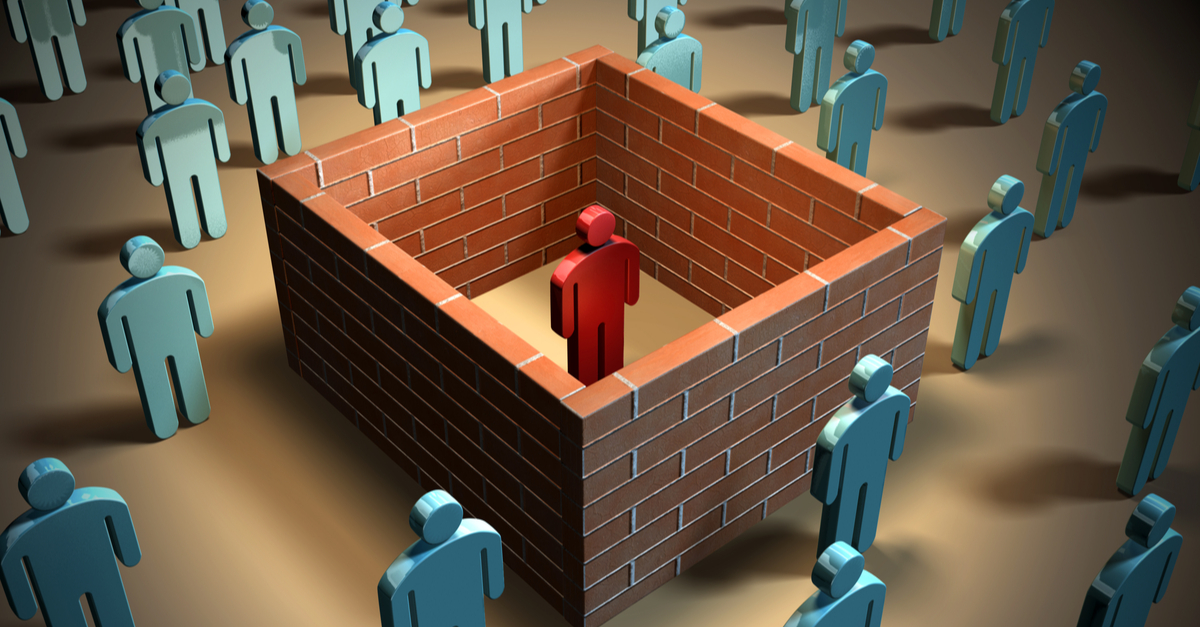 Dr. Robert Weiss LCSW, CSAT
Dr. Robert Weiss LCSW, CSAT
Guilt and shame are not the same thing. Guilt is a healthy and necessary sense that you have violated your moral code, values, and standards, or that you have stepped on someone else’s rights. Shame is a sense of being a failure as a person, of not being good enough, of feeling doubt about yourself at your very core. If you feel shame, you feel as if there is something fundamentally wrong with you as a person.
Examples of Guilt:
- I made a mistake.
- I did a bad thing.
- My behavior was hurtful.
Examples of Shame:
- I am a mistake.
- I am a bad person.
- I am defective and unlovable.
Guilt is a healthy human emotion that tells us we have done something wrong and we need to correct or amend our behavior. Shame, on the other hand, is an internal feeling of “badness” that consistently flares up, especially if you are acting out in an addiction or some other problematic behavior.
Guilt implies: “I did something regrettable and I feel badly (i.e., guilty) about my actions.” Shame implies: “I did something regrettable because I am a bad person, and there is nothing at all that I can do about that.” Guilt is a positive force in terms of changing behavior, while shame is quite the opposite.
Shame also leads to a distorted self-image – negative beliefs that inaccurately color the way you see yourself and the world. For addicts, a distorted (mostly negative) self-image can be highly destructive. Consider the following belief held by nearly all addicts: I am a bad person, unworthy of love and true connection. A distorted view of self like that can and often does lead to the following thoughts, feelings, and behaviors:
- I can’t tell anyone about my addiction or they’ll know how awful I am.
- I will pretend to be normal, smiling and acting as if everything is OK no matter how miserable and depressed I am.
- I will “get mine” as revenge for being shorted in life, acting out whenever and wherever I feel like it without regard for others.
The good news is that once you finally begin to understand that you are a good person who has behaved badly, rather than a bad person who was just doing what bad people do, your process of healing can truly begin.
The most effective way to combat shame and a distorted self-image is by stating affirmations to the contrary. Affirmations are powerful messages that confirm your worth, reminding you that who you are today is OK and enough. Affirmations validate that you are not defined by past behaviors, no matter how bad they were. Affirmations are stated aloud daily, often several times per day, as a way to replace your shame-distorted sense of self with self-esteem.
If you struggle with affirmations, next week’s post will be helpful, so please check back in with us.
* * * * * * * * * *
If you or someone you care about is struggling with sex or porn addiction, help is available. For porn addicts, Seeking Integrity offers a low-cost online workgroup series. Click HERE for information. We offer a similar workgroup series for sex addicts. Click HERE for information.
